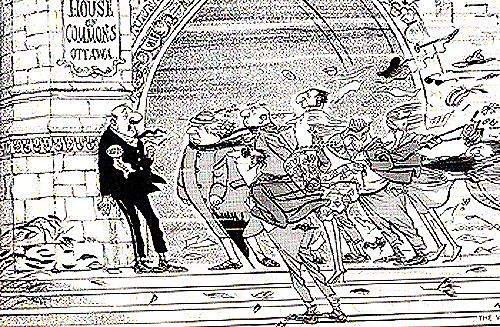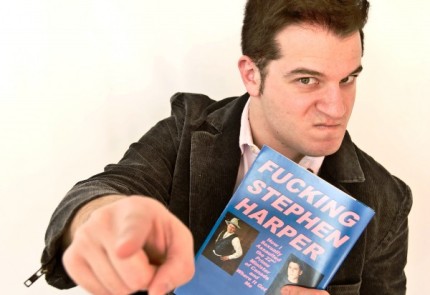McG
Army.ca Legend
- Reaction score
- 2,348
- Points
- 1,160
I guess universities are joining museums in the group of oppressed historians.
Harper changing Gregg centre's purpose
Re: Military history
The Daily Gleaner
30 Jan 2014
It will surprise nobody to be reminded that the Stephen Harper government does not encourage informed discussion of national policies.
It is, however, disappointing that UNB's Gregg Centre for the Study of War and Society, intended "for the study of war and society" should be starved of funds for its intended purpose, but funded to divert its energies into the new rhetoric of military heroism - preparing hagiographies of Victoria Cross soldiers.
For decades the Department of National Defense provided modest funding to universities with scholars using the discipline of historical analysis to discover, record, and evaluate the significance of Canada's military forces as part of the Canadian place in international relations. UNB interpreted its remit as extending from interpretative military history, to the study of terrorism, the laws of military action, and family violence in the military. An annual forum in Ottawa made sure that such findings were known where they could be applied.
All that is swept away now, and the historians are put to work polishing up the military image which Harper finds politically useful.
Nicholas Tracy
Associate, Gregg Centre for the Study of War and Society





